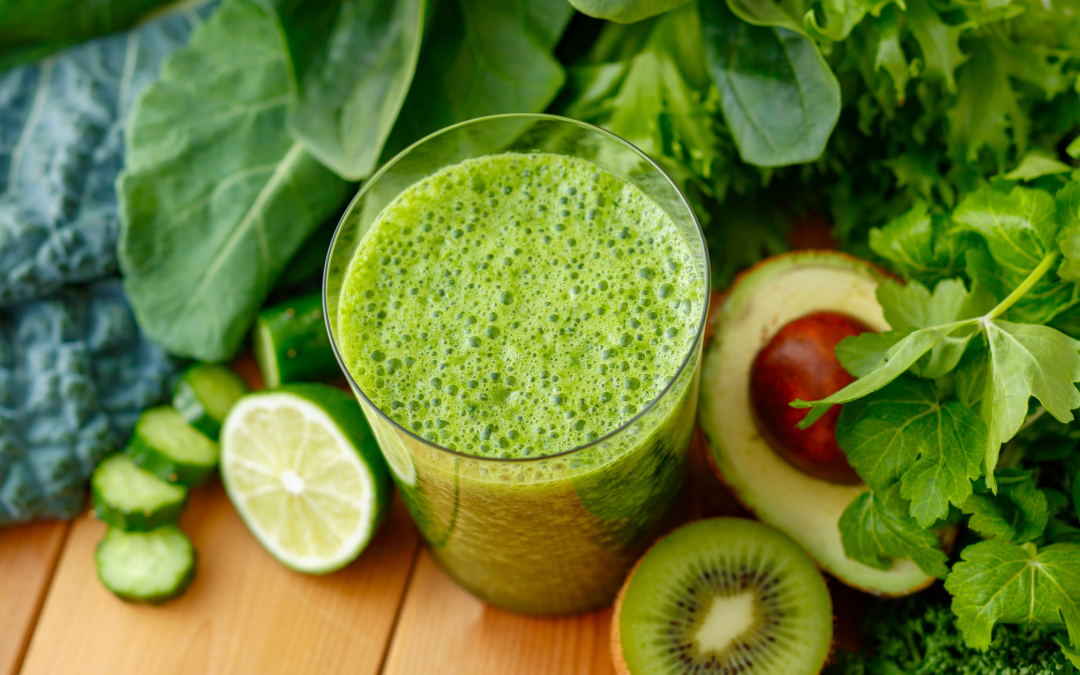If you’re 35 or older and trying to conceive, you’ve likely heard that age plays a role in fertility. While fertility naturally declines with age, it doesn’t mean your chances are over—it just means a more proactive approach can make all the difference.
Understanding your hormones, egg quality, and overall reproductive health is key to optimising fertility. This is where functional testing comes in. Rather than guessing, the right tests can help uncover underlying imbalances, deficiencies, or obstacles that might be making conception more difficult.
As a naturopath specialising in hormonal health and fertility, we recommend advanced functional tests to get a clear picture of what’s happening in your body. If you’re wondering where to start, here are the most important fertility tests for women 35+.
1. The DUTCH Complete Test: Understanding Your Hormones
Hormone balance is everything when it comes to fertility. The DUTCH (Dried Urine Test for Comprehensive Hormones) is one of the most in-depth hormone tests available, measuring key markers that impact conception, including:
- Oestrogen & Progesterone – Essential for ovulation, implantation, and maintaining pregnancy.
- Cortisol (Stress Hormone) – Chronic stress can suppress ovulation and disrupt hormone balance.
- Androgens (Testosterone & DHEA-S) – Imbalances can affect egg quality and ovulation.
- Melatonin – Affects reproductive function and egg quality.
- Metabolism of Hormones – Determines whether oestrogen is being detoxified efficiently (important for reducing fertility-related conditions like endometriosis and fibroids).
👉 If you’ve had “normal” blood tests but still struggle with irregular cycles, unexplained infertility, or recurrent pregnancy loss, the DUTCH Test can uncover deeper issues.
2. AMH (Anti-Müllerian Hormone): Your Egg Reserve Marker
AMH gives insight into ovarian reserve, meaning the estimated number of eggs you have left. While it doesn’t measure egg quality, it helps determine how your ovaries are responding to reproductive hormones.
📌 What You Need to Know:
- A low AMH may indicate reduced ovarian reserve but doesn’t mean pregnancy is impossible.
- A high AMH (especially with irregular cycles) could indicate PCOS, which can impact ovulation.
- AMH can be tested via a simple blood test at any point in your cycle.
🔍 Pair it with the DUTCH Test to get a full picture of hormonal balance.
3. Comprehensive Thyroid Panel: Fertility’s Silent Player
Your thyroid directly impacts ovulation, egg quality, and pregnancy success. A sluggish thyroid (hypothyroidism) is one of the most overlooked causes of infertility and miscarriage.
Most doctors only test TSH (thyroid-stimulating hormone), but full thyroid testing is crucial for women 35+ trying to conceive.
What to Test:
- TSH, Free T3 & Free T4 – Measures active thyroid hormones.
- Reverse T3 – Checks if stress is blocking thyroid function.
- Thyroid Antibodies (TPO, TGAb) – Identifies autoimmune thyroid conditions like Hashimoto’s, which can affect fertility.
If you experience fatigue, hair thinning, cold intolerance, or irregular cycles, a full thyroid panel is a must.
4. The Microbiomix Metagenomic Mapping Test: Gut Health & Fertility
Did you know your gut microbiome affects fertility? Your gut bacteria influence hormone balance, inflammation, and nutrient absorption—all critical for conception.
What This Test Reveals:
- Beneficial vs. harmful bacteria – Determines if your microbiome supports or hinders fertility.
- Yeast & Candida levels – Overgrowth can cause inflammation and hormonal imbalances.
- Zonulin (Leaky Gut Marker) – Helps detect gut permeability, which can contribute to autoimmune fertility issues.
- Short-chain fatty acids – Essential for reducing inflammation and supporting hormone balance.
If you have digestive issues, PCOS, or endometriosis, testing your gut could be a game-changer for fertility.
5. The Organic Acids Test (OAT): Nutrient & Mitochondrial Health
Egg quality is everything when trying to conceive at 35+, and mitochondria (your cell’s energy producers) play a huge role. The Organic Acids Test (OAT) assesses:
- Mitochondrial function – Determines if your eggs are getting the energy they need.
- B-vitamin & Antioxidant levels – Essential for healthy ovulation and embryo development.
- Oxidative Stress Markers – Helps prevent egg damage from free radicals.
If you’ve had multiple failed IVF cycles or unexplained infertility, OAT testing could provide the missing piece.
Functional Testing: A Smarter Approach to Fertility at 35+
Rather than guessing why conception isn’t happening, these functional tests help us create a targeted fertility plan.
Who Should Consider These Tests?
- Women struggling with irregular cycles, PCOS, endometriosis, or unexplained infertility.
- Those preparing for IVF or egg freezing.
- Anyone 35+ who wants to optimise their fertility naturally.
If you’re unsure which test is right for you, I offer personalised fertility consultations where we can create a plan tailored to your body.
Ready to Take Control of Your Fertility?
Understanding your fertility at 35+ doesn’t have to feel overwhelming. The right tests can identify imbalances, remove roadblocks, and maximise your chances of conceiving.
📅 Book a discovery call with The Minimalist Naturopath here to get personalised guidance and start your fertility journey with confidence!











